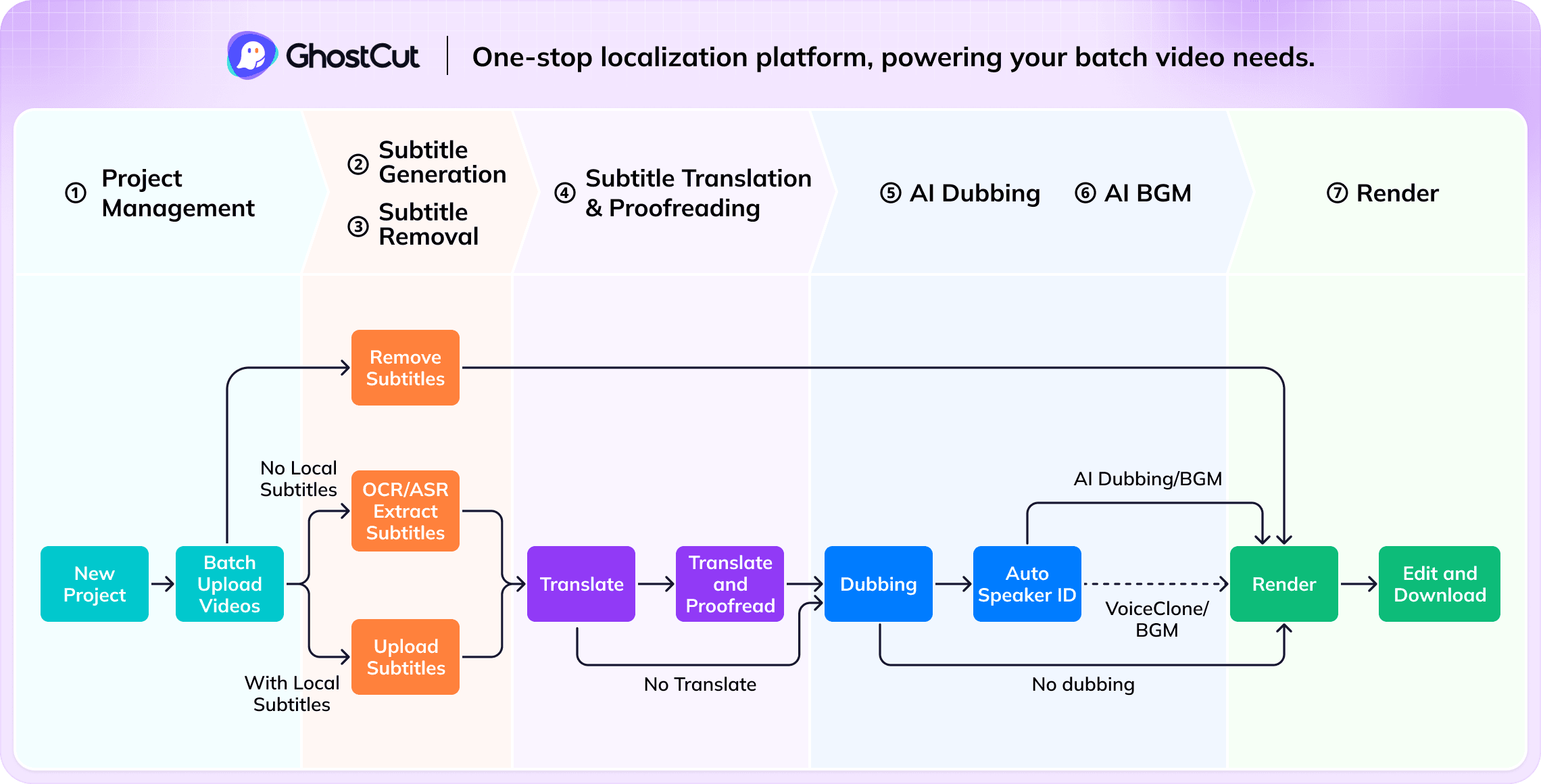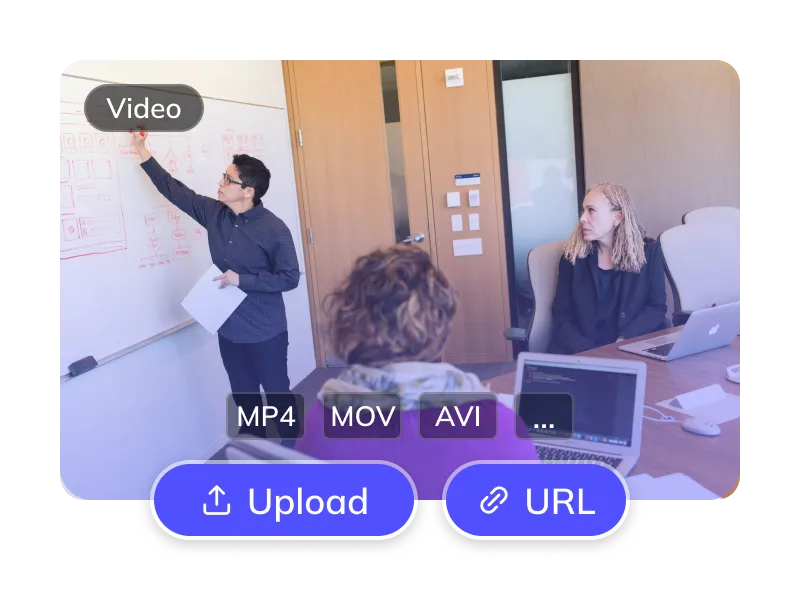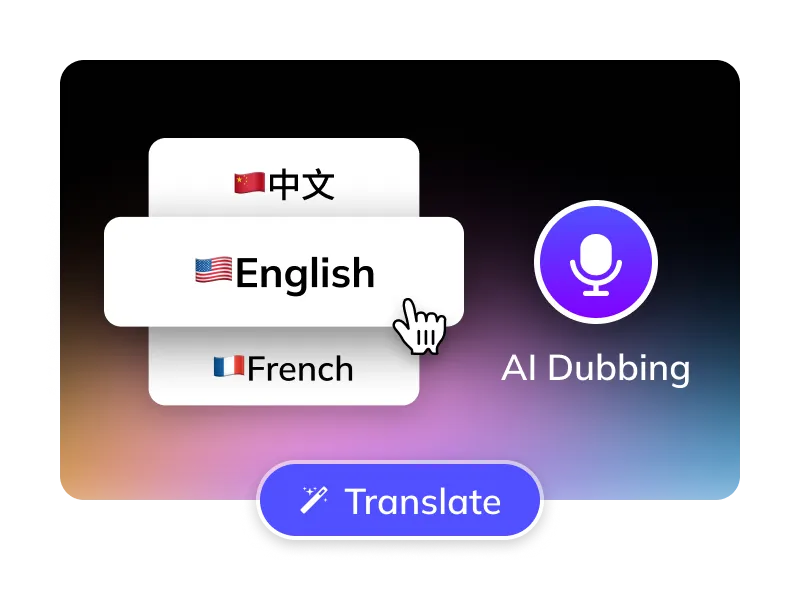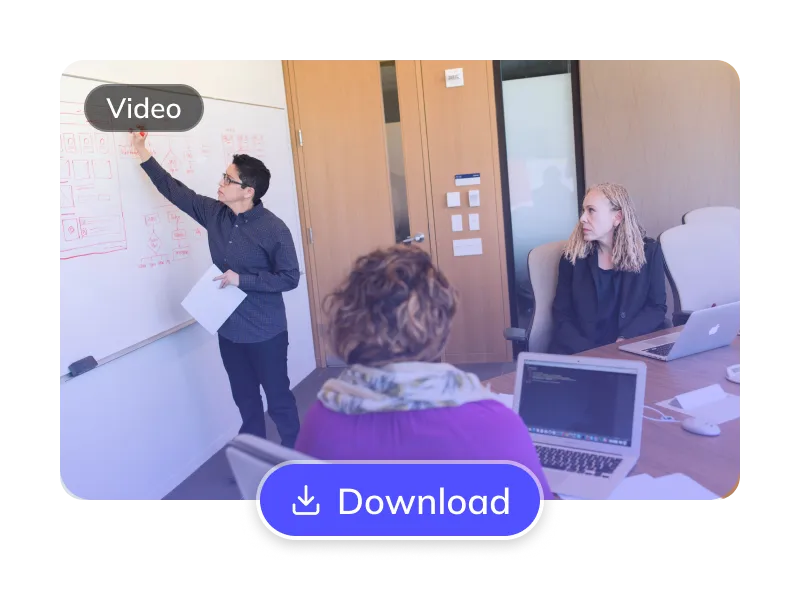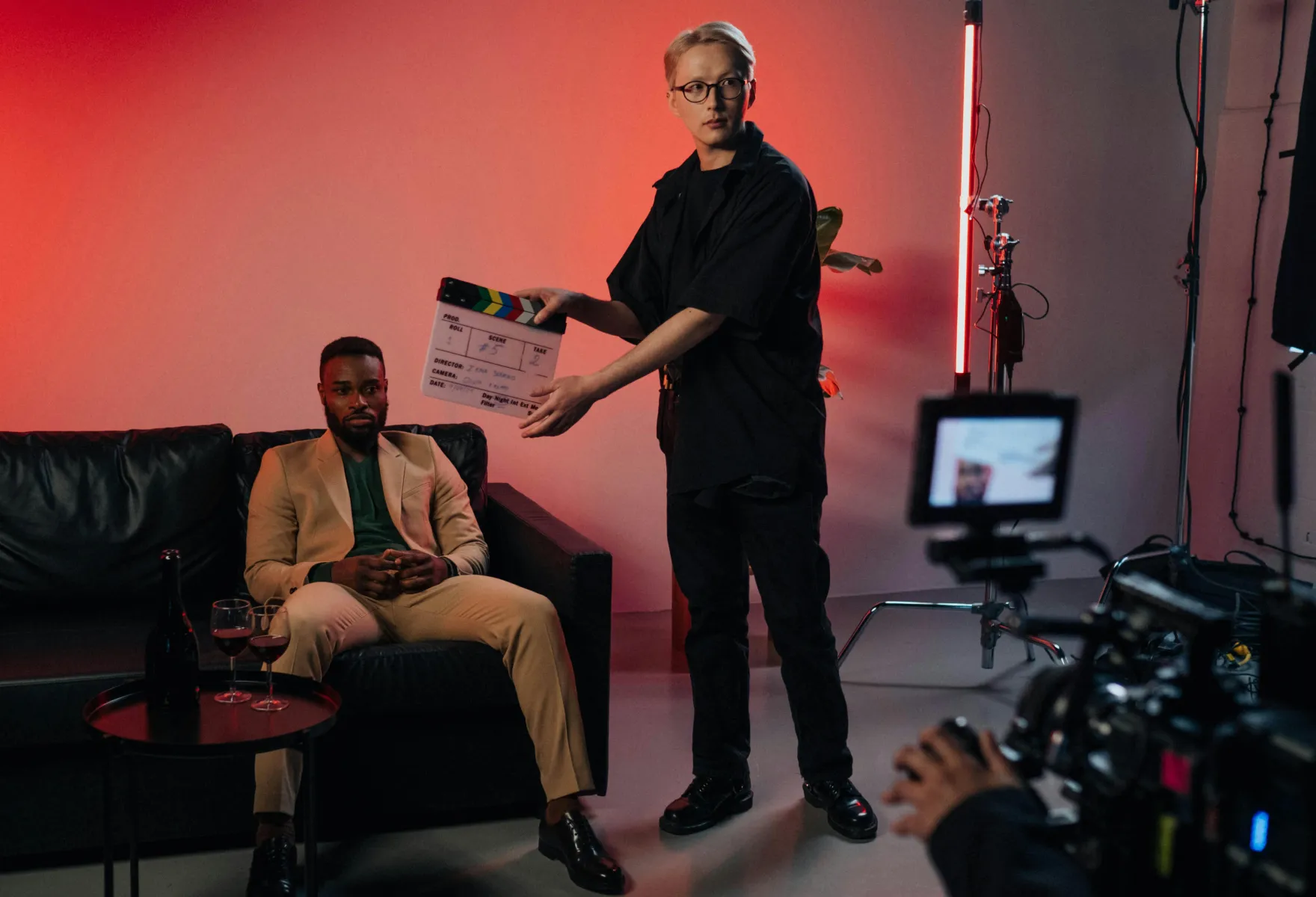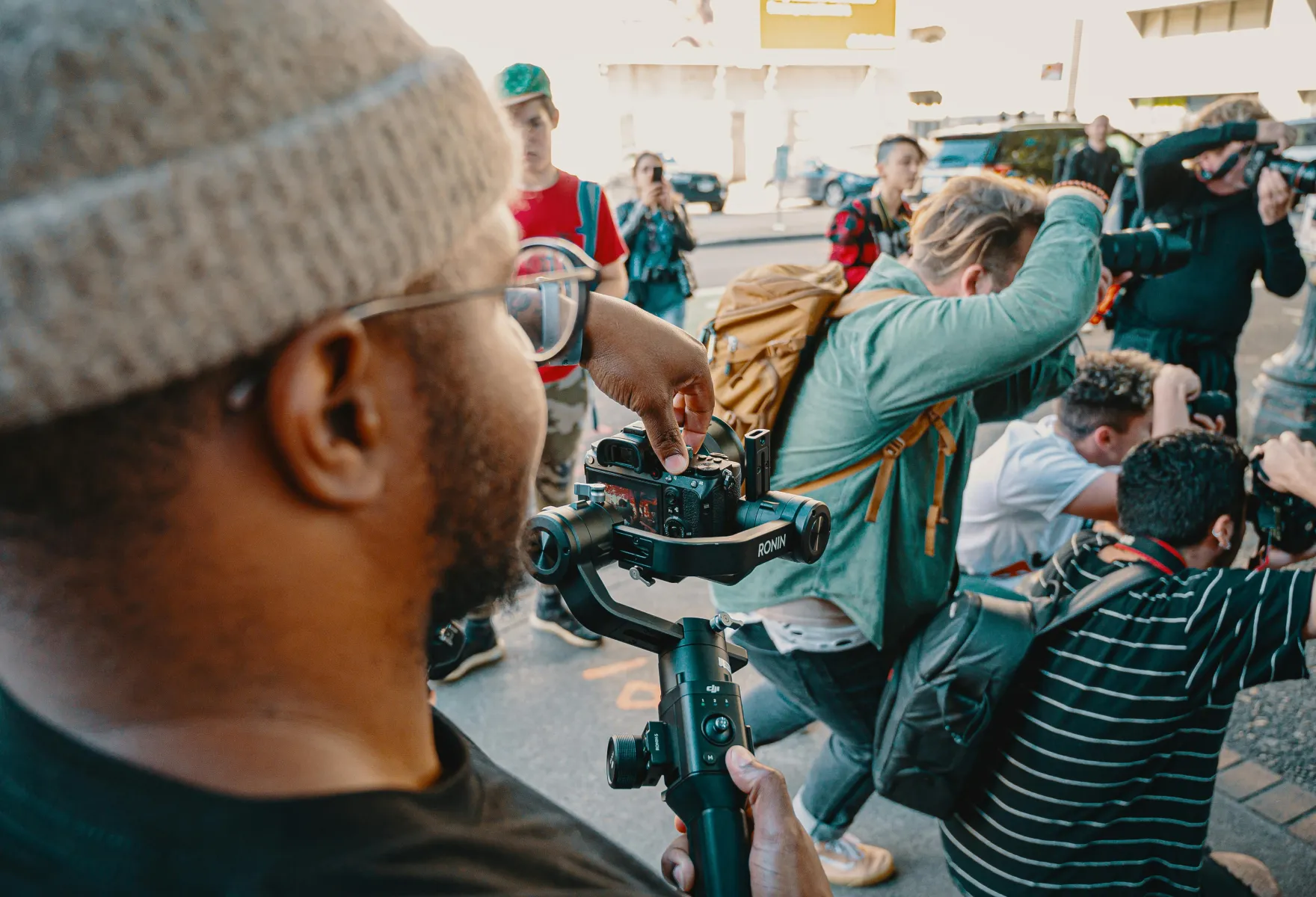How to Translate German Videos to English ?
Translate German Videos to Korean in 3 Easy Steps
Trusted by 1,500,000+ Global Creators and Businesses
Why GhostCut for Your Video Translations?
GhostCut is your all-in-one AI solution for translating German content into natural, engaging Korean.
Effortless Project Management
Manage German assets, subtitles, & Korean videos. Batch process projects efficiently.
Pinpoint Korean Accuracy
Up to 99.5% accurate. Optimized for German-to-Korean with LLM calibration & multi-agent review for culturally fluent Korean translations.
Lifelike Korean AI Dubbing
Choose from diverse, human-like Korean AI voices (US/UK accents). Emotion-cloning technology captures original tone for natural Korean delivery.
Flexible German Subtitle Options
Optionally erase original German hardsubs for a clean slate. Translate embedded German subtitles directly.
Smart Multi-Speaker ID (German)
AI detects multiple speakers in German videos. Assign or clone distinct Korean voices per character, with cross-episode consistency for complex Korean dubs (dramas, interviews).
Efficient Batch Processing & API
Batch translate and dub 100s of German videos to Korean at once. Seamlessly integrate with our robust API.
Versatile BGM Control
Keep or mute original BGM. Our unique tech can also isolate sound effects, meeting diverse copyright and distribution needs.
Unbeatable Value
Flexible German-to-Korean plans. Try core features free. Automated pro service from just $0.1/minute.
Easy Online Access
No downloads. Instantly translate German videos to Korean online. Works on Windows, Mac, & major mobile browsers for cloud processing anywhere.
The GhostCut Edge: Unmatched Accuracy, Speed, and Value.
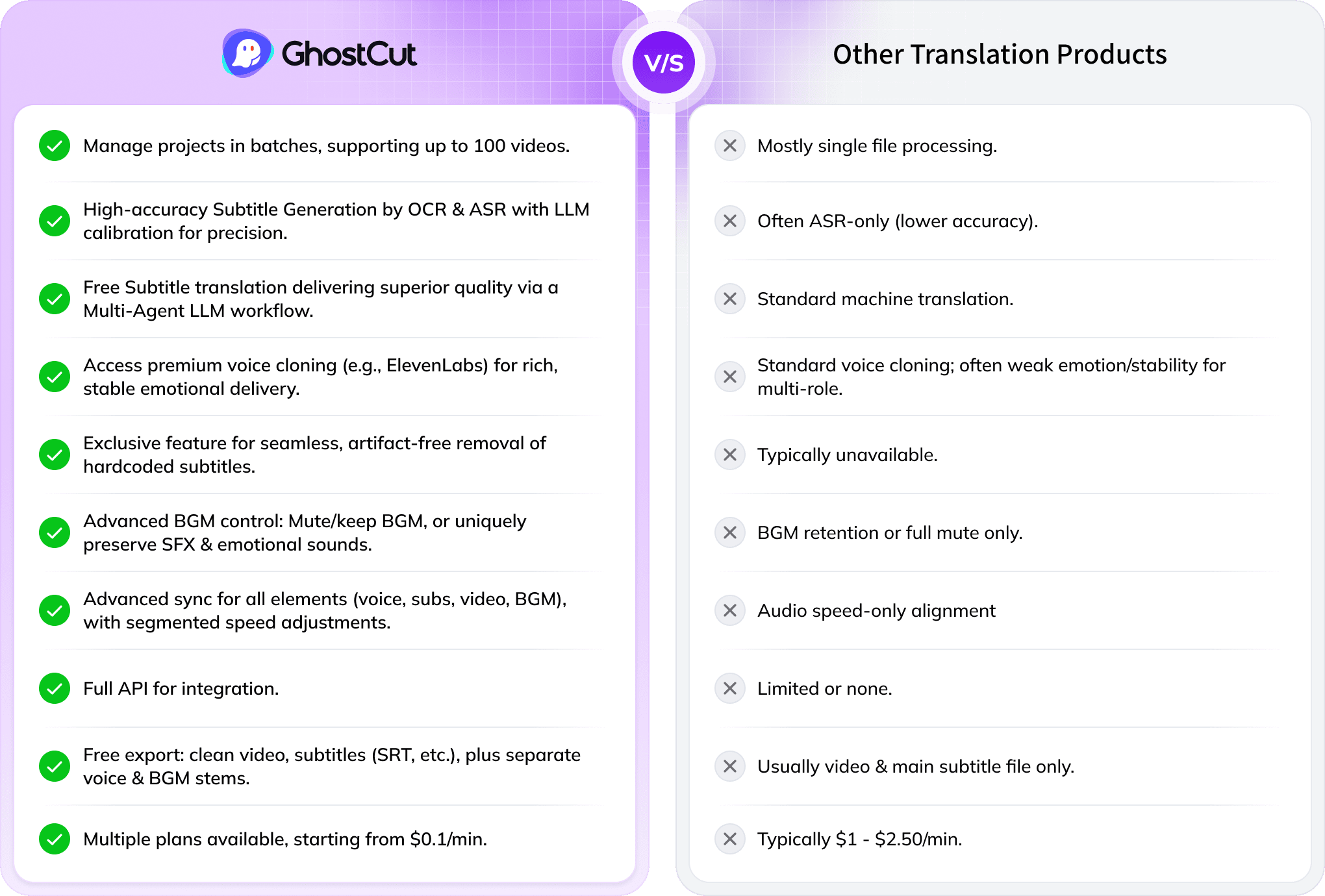
Every Algorithmic Optimization, Engineered for Quality Korean Video
Mastering Long-Form German Drama & Multi-Character Dubbing
Translating a 100-minute German drama with 4000+ lines and many characters into Korean is tough. Standard AI struggles to tell speakers apart, causing errors. GhostCut’s multi-modal AI (video, voice, text) excels in long-form, multi-speaker content, ensuring accurate, consistent character voices across entire series.
Translate Now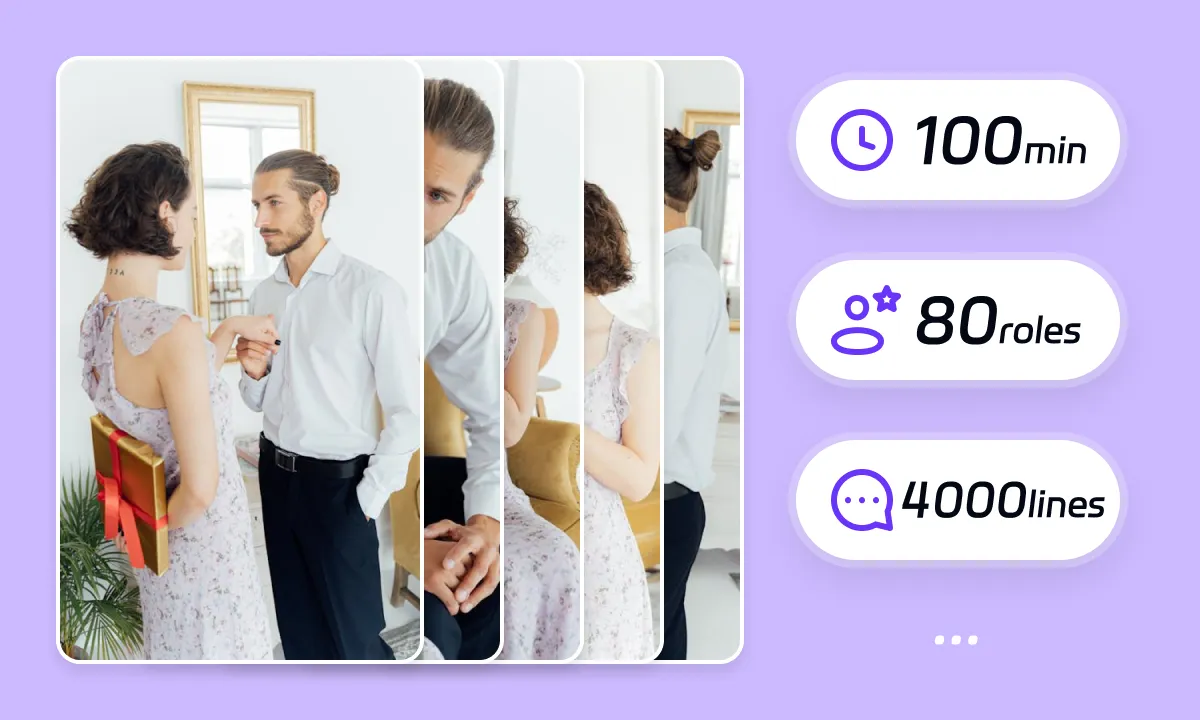
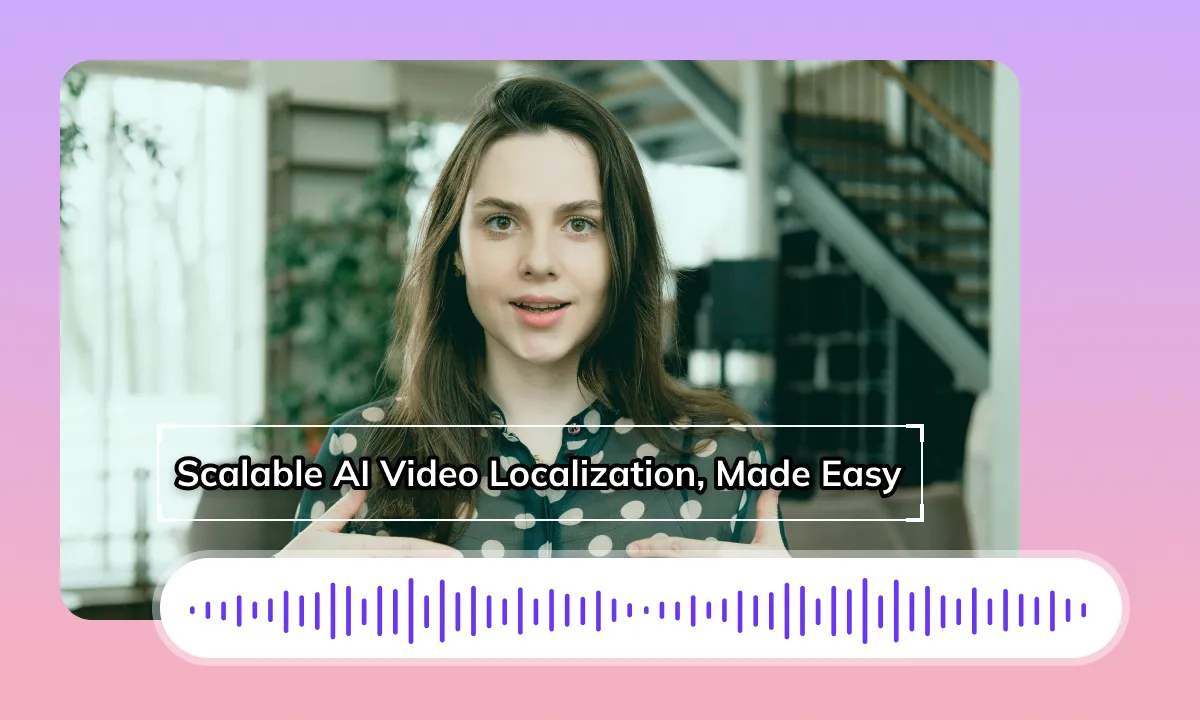
Seamless Korean Dubbing & Perfect Lip-Sync
GhostCut ensures natural Korean audio flow by treating related subtitles as whole ideas for TTS. It then precisely times new Korean subtitles. Since German-to-Korean translation can change speech length, our AI expertly adjusts the new Korean audio, subtitles, video, and BGM to maintain perfect sync, just like a seasoned editor.
Translate NowBoost ROI with Flawless German Subtitle Removal
Original German hardsubs can limit your video's global appeal. GhostCut’s AI doesn't just blur; it intelligently reconstructs the background obscured by German subtitles, even complex ones, for a perfectly clean, high-quality visual. This means better viewer engagement, longer watch times, and higher ROI.
Translate Now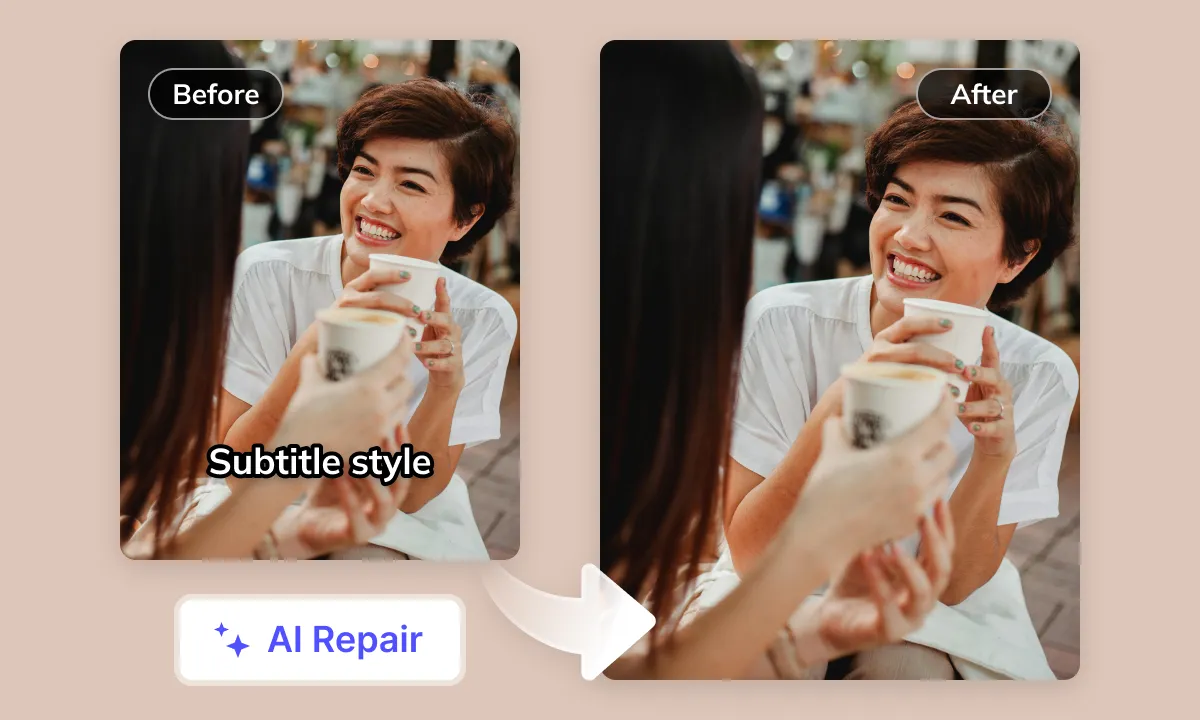
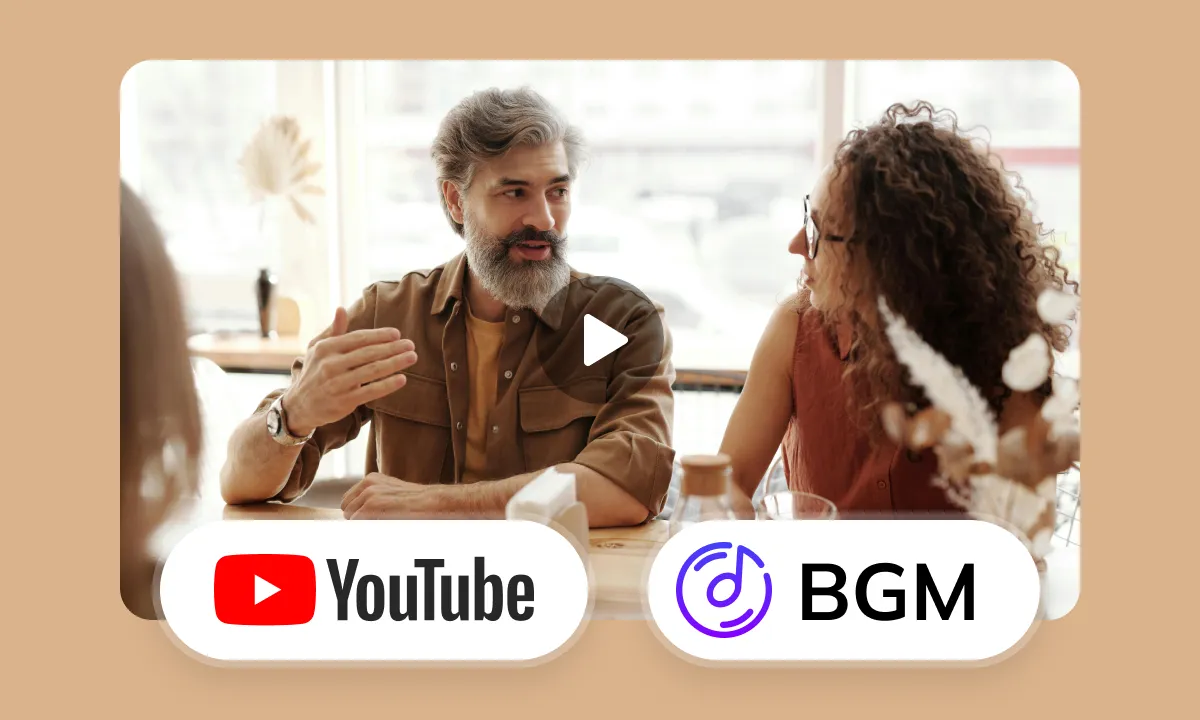
Smart Audio Control for YouTube Creators
Navigating BGM copyright on YouTube is tricky. GhostCut’s advanced audio separation isolates German dialogue for translation, while intelligently managing BGM, sound effects, and even emotional expressions. Our "Keep SFX, Remove Music" option is a creator favorite for avoiding copyright issues without losing your video’s impact.
Translate NowYour Excellent German Content Deserves Korean Viewers
Valuable German content, such as documentaries, knowledge sharing, and cultural programs, is inaccessible to a wide Korean audience due to the language barrier. On platforms like YouTube, many excellent German videos lack professional German-to-Korean translationdubbing, causing significant comprehension issues for Korean viewers. This severely limits video appeal, user engagement, and the spread of German content in Korea. Consequently, demand for professional, efficient AI German-to-Korean video translationdubbing services is increasingly urgent
German to Korean Video Translation: Challenges and Solutions
Linguistic System Grammatical Structure Differences
German, an Indo-European language, features complex case, gender, and number inflections, along with rigid sentence structures. Korean, belonging to the Altaic family (or considered a language isolate), uses particles and rich verb endings to express grammatical relations, with a word order significantly different from German. Accurately and naturally translating German into Korean requires a deep understanding of both languages' grammatical logic to avoid stiff or incorrect literal translations
Cultural Expressive Nuance Gaps
Germany and Korea possess vastly different cultural and social backgrounds. Specific German slang, idioms, historical allusions, or cultural references often lack direct equivalents in Korean. A literal translation can lead to loss of original meaning or misunderstanding. A core challenge is accurately conveying the cultural connotations and emotional nuances of the original German text during translation into Korean
Text Density Subtitle Layout Adaptation
German words are generally longer, and sentences have higher information density. While Korean Hangeul characters are compact, translating German into Korean requires rethinking subtitle presentation. The challenge lies in translating long German sentences into easily readable Korean subtitles that align with Korean expressive habits, all within limited screen space, while controlling character count per line and display duration
Speaking Speed Timeline Synchronization Issues
The average speaking speed and time required to convey the same information may differ between German and Korean. When translating German audio and dubbing it into Korean, precise adjustment of the audio timeline is crucial. This ensures high synchronization between the Korean dubbing or subtitles and the speaker's pace and on-screen content, preventing desynchronization that could impair the viewing experience
German Speech Recognition Accuracy Limitations
Although German pronunciation is relatively standardized, in actual video content, AI's accuracy in recognizing German speech can decrease due to factors such as speaker accents, technical terminology, overlapping voices in multi-person dialogues, and background noise, thereby impacting subsequent translation quality
Scarcity of High-Quality Korean AI Voices
While various Korean AI voice options exist, top-tier AI voices that offer natural fluidity, rich emotion, and diverse tones remain relatively scarce. Mechanical or unnatural Korean AI dubbing significantly diminishes the video's viewing experience and professional quality
Lip Sync Visual Matching Challenges
German and Korean exhibit significant differences in articulation points and mouth movements. Achieving approximate lip synchronization between Korean dubbing and the original German speech in the video requires complex AI technology for voice synthesis and potential subtle visual adjustments. This represents a highly technically demanding aspect of German to Korean video translation
Ideal AI German-Korean Video Translation Goals
An ideal AI German to Korean video translation process should achieve: high-accuracy German speech-to-text - fluent and idiomatic Korean text translation (fully considering linguistic and cultural differences) - natural and expressive Korean AI dubbing (with maximal lip synchronization) - automated audio-visual timeline alignment and editing
Tackling Video Translation Challenges with AI Empowering your German content for any worldwide scenario.
Your All-in-One AI Translation Studio
GhostCut offers more than just German-to-Korean translation. It's a complete AI-powered workflow: subtitle extraction 、 removal 、 translation and proofreading to multi-character dubbing , BGM processing, and final rendering. Go from German source to global-ready videos, effortlessly.
